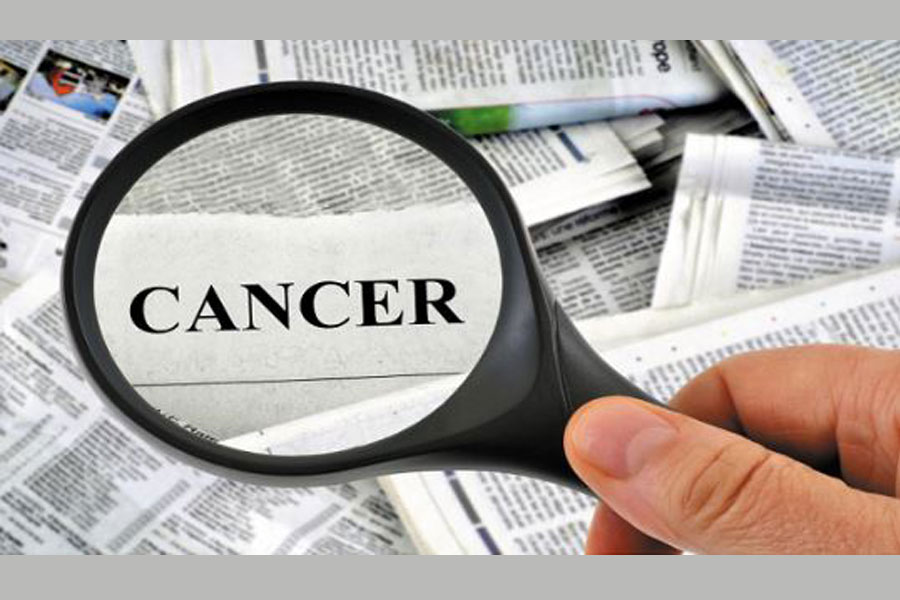

Admittedly, bearing the expense of treatment of cancer, no matter its type, is beyond the capacity of the majority of the people of Bangladesh. As a result, in most cases, the patients or their family members give up and leave the lives of their suffering beloved ones to fate. A report published in this paper on Monday, February 17, describes how devastated a father from a low-income rural household became as he found it harder and harder to meet the treatment cost of his beloved child, who is suffering from blood cancer. In fact, the story is more or less the same for most cancer patients from poorer backgrounds in the country. Though the recovery rate of paediatric cancer is high globally, it is low in Bangladesh, if only because the disease is usually detected when it is in the advanced stage. The main reason for this is the lack of awareness about cancer among the suffering public.
According to the World Health Organisation (WHO), around 350,000 children are diagnosed with cancer in the low and middle income countries annually. In Bangladesh, around 9,000 to 12,000 children develop cancer annually, but only one third of them are duly diagnosed. Of some two million affected children in the country who need palliative care, fewer than one per cent of them can get the service, due mainly to their families' lack of awareness about the medical condition, not to mention the absence of required treatment facilities in the hospitals. At a recent discussion on cancer organised by the Bangladesh Breast Cancer Forum (BBCF) at the National Press Club, experts said that a large number of households in the country are pauperised while meeting the cost of treatment for any of their members suffering from cancer. Worse yet, many such patients cannot simply afford the treatment at all. It could also be learnt from the cancer registry at the BSMMU, prevalence of cancer is 106 cases per 100,000 people in the country. Also, a study by the same hospital found that, annually, 53 new cases are reported per 100,000 populations in Bangladesh.
Clearly, there is no dependable statistics on cancer in the country. However, the existing facilities which are inadequate, can serve only 10 per cent of the patients properly, if they can afford it, says another report. So, apart from the question of affordability, inadequacy of necessary facilities in the hospitals is also a critical issue in need of addressing. Consider, for instance, the case of the National Institute of Cancer Research & Hospital (NICRH) in the capital. The hospital's radiotherapy machines reportedly remained out of order for long depriving some 10,000 of scheduled therapy. Though divisional hospitals have specialist doctors to treat both child and adult cancer patients, still there is a lack of complete setup of trained doctors, caregivers and infrastructure to provide patients with full treatment. As a result, those hospitals have to depend on the facilities in Dhaka to test samples from their patients to confirm cases of cancer. But time lost in the process might affect sample quality and test result.
Obviously, cancer treatment, whether for children or adults, is still facing a lot of challenges both in terms of trained doctors and facilities. To improve the situation, support from the WHO would be necessary. But to garner such support, creating a national register of cancer cases with updates is essential. Based on a registry for the purpose, the government should develop a national database on cancer to significantly develop the country's cancer treatment infrastructure.


 For all latest news, follow The Financial Express Google News channel.
For all latest news, follow The Financial Express Google News channel.